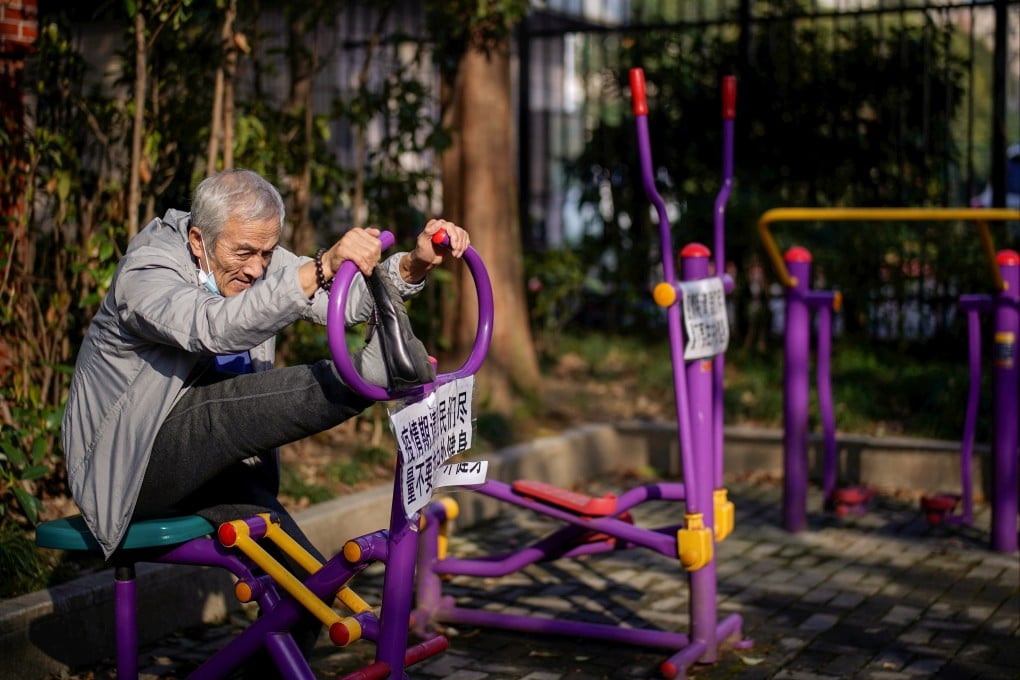China population: Beijing pledges support for empty nesters as ageing crisis gathers speed
- Empty nesters will have greater access to dining services and medical assistance, and the private sector will play a bigger role in elderly care
- China’s elderly care market could exceed one trillion yuan (US$1.57 billion) in 2021, and reach 2.2 trillion yuan in 2030, according to some estimates

China has vowed to provide special care for elderly empty nesters, as concern grows over the nation’s fast-ageing population.
“We can’t allow urban senior citizens to become isolated without their needs being met in the internet age, nor can we allow the elderly in rural areas to have to collect firewood to prepare a meal by themselves,” said Ou Xiaoli, head of the social development division with the National Development and Reform Commission.
Speaking at a press conference this week, Ou said China’s elderly faced limited access to community services, such as dining, showering and medical assistance, and private businesses would be allowed to play a more active role in their future provision.
The population aged 60 and over was 267.36 million last year, accounting for 18.9 per cent of the total, according to official data. More than 200.56 million were aged 65 and over, accounting for 14.2 per cent of the total population.
